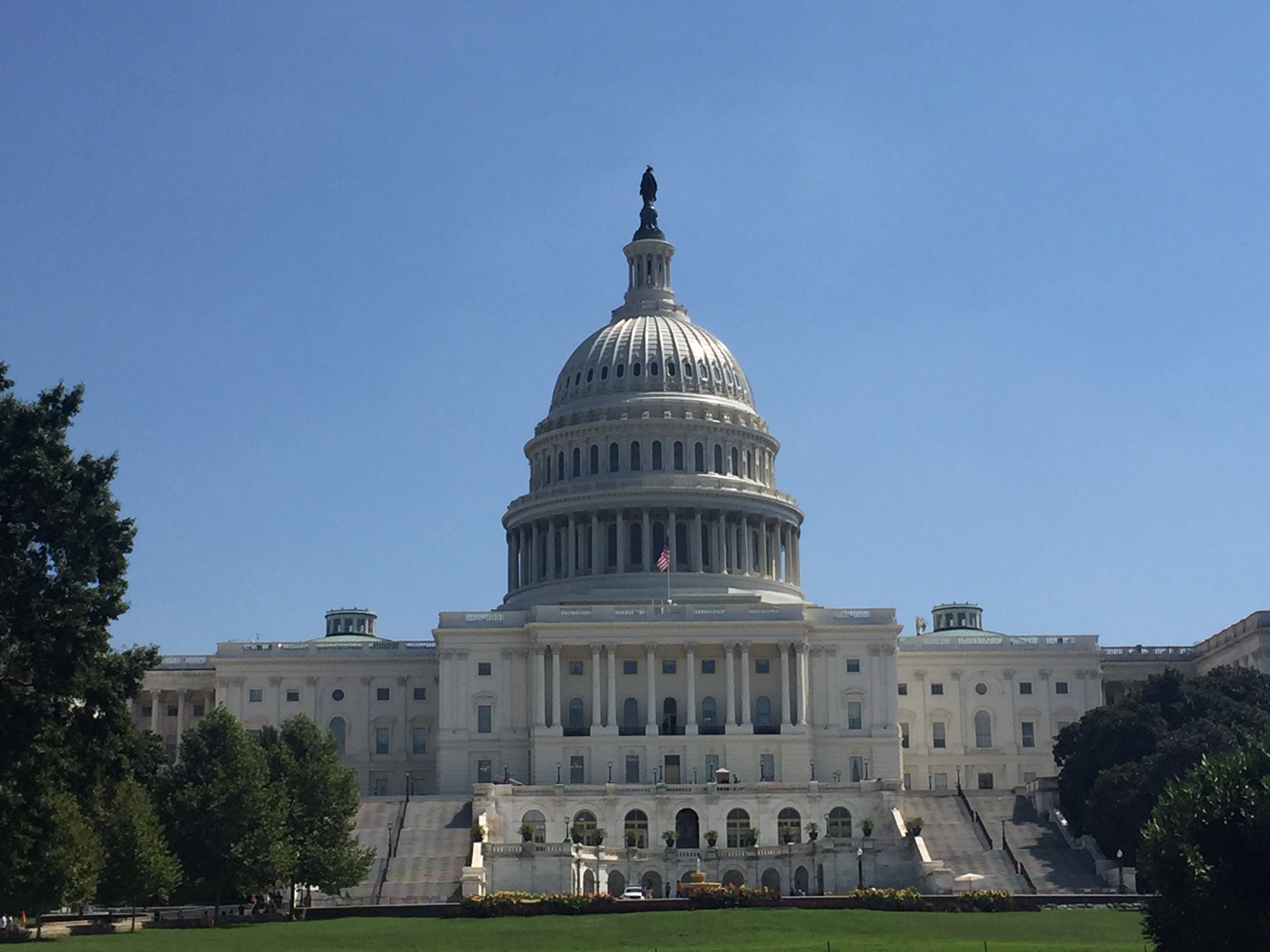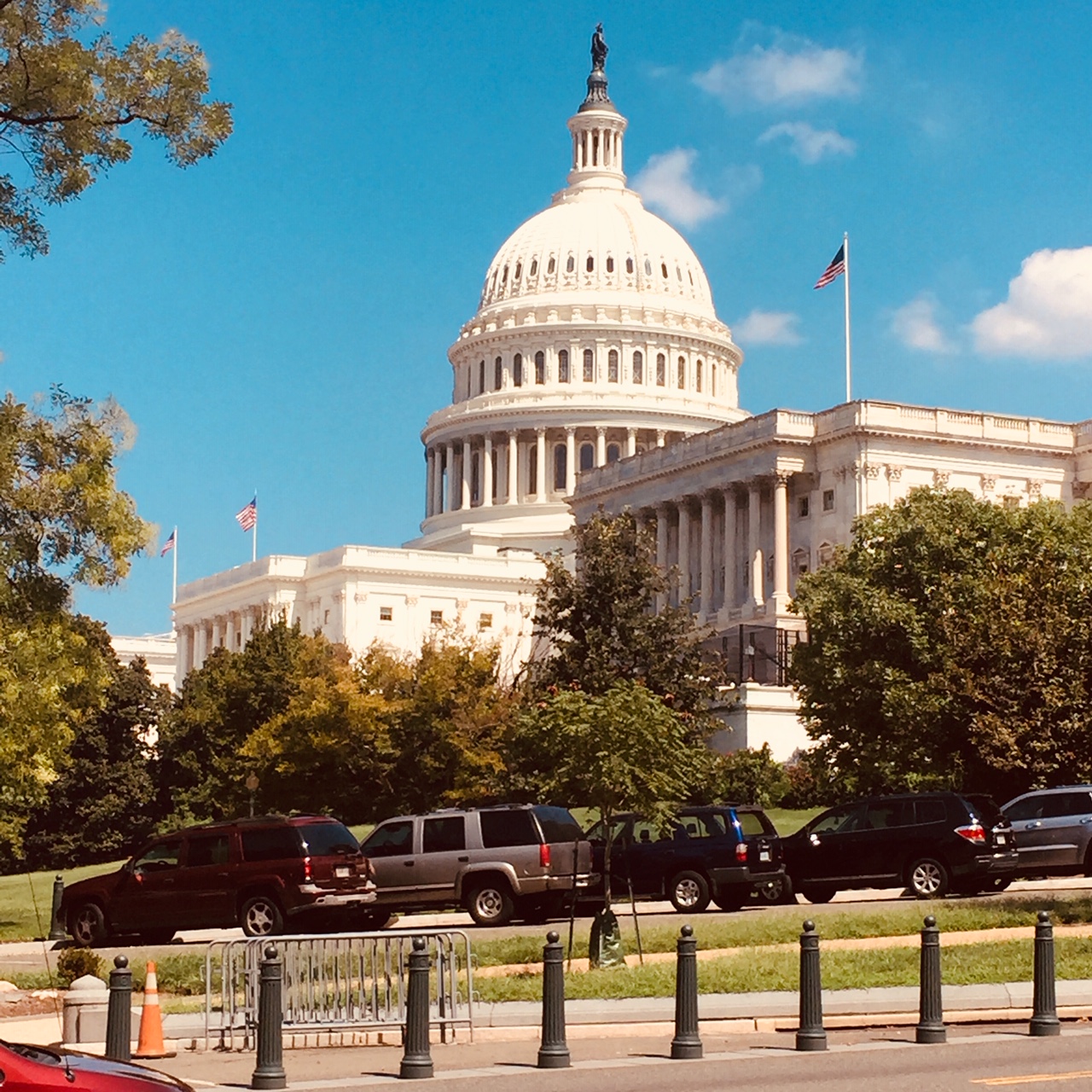Don’t Wait Out the Federal Rulemaking: These State Authorization Related Federal Regulations are Currently Enforceable!
Published by: WCET | 2/15/2019
Tags: Military And Veterans, Negotiated Rulemaking, SAN, State Authorization
Published by: WCET | 2/15/2019
Tags: Military And Veterans, Negotiated Rulemaking, SAN, State Authorization
Dan Silverman, WCET/State Authorization Network Assistant Director, and I are taking a brief break from the coverage of Negotiated Rulemaking as it affects State Authorization. We remembered that we needed to make good on a promise we made last summer to more fully explain several other currently effective Federal Regulations that relate to the work of compliance when the institution offers online courses and out-of-state activities to students. Please review and share the parameters of these regulations with your colleagues to ensure current compliance.
As always, we are here for your questions, and we will continue to cover the progress of Negotiated Rulemaking!
—-Cheryl Dowd, WCET/SAN
The 2019 Department of Education Federal Negotiated Rulemaking process is underway. As you may be aware, the 2016 Federal Regulations for State Authorization have been delayed. State Authorization is one of the issues being reviewed in this rulemaking process.
Is your institution attempting to wait for the outcome of the rulemaking before taking steps to manage compliance for out-of-state activities?
Our advice: Don’t wait!
In previous Frontiers posts, we have been emphatic that, regardless of the status of the State Authorization Federal regulations, there are other compliance requirements that remain in place for which institutions must observe. These include:

We previously promised to write more about Federal regulations that are currently effective and related to out-of-state activity compliance.
Existing Federal regulations require institutions to provide information about how students can file complaints with relevant agencies of oversight. In 34 CFR 668.43(b), the Department obligates institutions to, “provide its students or prospective students with contact information for filing complaints with its accreditor and with its State approval or licensing entity and any other relevant State official or agency that would appropriately handle a student’s complaint.”
This regulation was part of the 2010 program integrity regulations for improving the integrity in the programs authorized to participate in title IV HEA programs. Note that this regulation pertains to all students, not just those enrolled in distance education programs. The regulation requires an institution to have a process for the student after he or she has exhausted all possible avenues for complaints at the institution related to consumer protection AND the issue has not been resolved to the student’s satisfaction. There are also rare circumstances in which a student may take a complaint to a state entity if the institution has been non-responsive, has been abusive to the student, or otherwise responded in a way that compromised the confidence of the student. The issues that could be reviewed outside of the institution do not typically include issues related to grade disputes or student conduct.
In August of 2017, the WCET Frontiers blog explained the context for these regulations and provided more detailed information on how to comply. In addition, you may wish to review resources available on the SAN Website Student Complaints page. In short, please note that these are public disclosures, meaning that they must be readily available for anyone with a web browser. SARA participating institutions should also pay particular attention to the NC-SARA resources on student complaint process.
Federal regulations also prohibit institutions from misleading students about multiple issues, including whether programs meet relevant standards from state educational agencies and professional licensing boards. The currently enforceable definition of misrepresentation comes from the 2016 batch of Borrowers Defense to Repayment regulations, which are designed to protect students. 81 FR 75926. If a student defaults on a Title IV loan, and the student’s institution sues for repayment, then the student can argue that the institution’s misrepresentation is grounds to relieve the student from repaying the loan. Hogan Lovells has written a helpful introduction to these regulations, entailing a thorough background; this is a great place to start.
Misrepresentation is, “any false, erroneous or misleading statement an eligible institution, one of its representatives, … makes directly or indirectly to a student, prospective student.” A misleading statement includes, “any statement that has the likelihood or tendency to deceive. A statement is any communication made in writing, visually, orally, or through other means.”[1] Beyond misrepresentation, the Department also defines “substantial misrepresentation”as any misrepresentation on which a person could reasonably be expected to rely, or has reasonably relied, to the person’s determent.
The effective amendments to the regulation include that omission of information to students is also misrepresentation: “misrepresentation includes any statement that omits information in such a way as to make the statement false, erroneous, or misleading.” 81 CFR 76072 .
An additional regulation, 34 CFR 668.72, explains that misleading statements concerning whether the academic, professional, or occupational degree that the institution will confer upon completion of the course of study has been authorized by the appropriate State educational agency and/or professional boards. Federal regulation 34 CFR 668.72(c)(2) directly addresses professional licensing by explaining that misrepresentation includes misleading statements concerning whether successful completion of a program qualifies a student to “receive, to apply to take, or to take the examination required to receive, a local, State, or Federal license, or a nongovernmental certification required as a precondition for employment…” This regulation is another reason that institutions should be creating a protocol for disclosures related to professional licensure.
The Department of Education has tasked accreditors with providing oversight of institutions to evaluate the institution’s compliance with certain standards before an accrediting agency determines whether to accredit or pre-accredit an institution or program. The accrediting agency meets the Department’s requirement if the agency shows that they evaluated the institution to meet a list of specified standards, as found in 34 CFR 602.17.
 Among the list of standards an accreditor will review is a specific requirement that impacts institutions that offer distance education or correspondence education. Institutions that qualify must have processes in place to ensure that the student registering for a course or program is in fact the student participating and completing the course or program. The regulation offers suggested methods for student verification such as: secure login, proctored examinations, or new or other technologies and practices that are effective.
Among the list of standards an accreditor will review is a specific requirement that impacts institutions that offer distance education or correspondence education. Institutions that qualify must have processes in place to ensure that the student registering for a course or program is in fact the student participating and completing the course or program. The regulation offers suggested methods for student verification such as: secure login, proctored examinations, or new or other technologies and practices that are effective.
An important aspect for institutions to note is that the regulation imposes an additional responsibility for institutions charging students to use verification processes. As indicated in the regulation’s subsection (g) (2), an institution is required to make clear to the student, in writing, at the time of registration or enrollment, any projected student costs for the process chosen by the institution to verify student identity. This means that it is too late for an institution to inform the student of proctoring costs in the syllabus on the first day of the class. Failing to notify the student of the projected proctoring costs could result in consequences.
If the institution fails to meet one or more of the standards, the accrediting agency is required, per 34 CFR 602.20, to:
In a recent post, UNLV Pays a Cost for Not Notifying Students about Charges for Proctoring Services, one of our colleagues shared a story from her institution. At the institution, the student brought forward the complaint that he had not been made aware, until he received the syllabus, that his online course would include three proctored exams, nor that the proctored final exam would create additional costs for completing the online course. When the student did not receive satisfaction from the faculty and the academic department, he sought relief from the system’s Board of Regents. The Board of Regents, recognizing the requirements and consequences of the regulation, found in favor of the student and his classmates. In the end, the institution was held responsible for $7,000 in proctoring fees. Covering these proctoring fees prevented necessary action by the accrediting agency.
Institutions must interact with the academic departments to determine proctoring needs or other projected costs to verify student identification to notify the student of the costs in writing at the time or enrollment or registration.
The Department of Defense (DoD) requires that all educational institutions providing education programs using DoD Tuition Assistance (TA) are required to sign the DoD Voluntary Education Partnership Memorandum of Understanding (MOU) to participate in the Tuition Assistance Program (TA Program) for active duty military students.  Federal regulation Part 68 requires that the institution agree –through the MOU– to provide specific information to students regarding the financial cost and attendance at an institution to protect military students from unfair, deceptive, and abusive recruiting practices as well as provide academic and student support services to Service members and their families.
Federal regulation Part 68 requires that the institution agree –through the MOU– to provide specific information to students regarding the financial cost and attendance at an institution to protect military students from unfair, deceptive, and abusive recruiting practices as well as provide academic and student support services to Service members and their families.
Specifically, 32 CFR 68.6 (c)(6)(ii), requires that institutions meet the requirements of the states where services are rendered to the students including compliance with all state laws relating to distance education. Therefore, the Department of Defense is tying ability to offer TA for active duty military students to institutional compliance with State laws in the states where course and programs are offered to the students.
While it is important to be following the negotiated rulemaking taking place in Washington over the next couple of months, it may be helpful to understand and remind your colleagues on campus that other relevant federal regulations are in place and enforceable. Hopefully this post–and the linked resources –can help inform your conversations on campus with decision makers. You can also count on WCET to continue to keep you informed of the progress of the 2019 Federal rulemaking process.
[1] Please note that although this link to the eCFR indicates that an amendment to 34 668.71(c) is delayed until July 1, 2019, this is inaccurate as the eCFR has not been updated. In fact, the delay was deemed illegal by the U.S. District Court in a Fall 2018 law suit and the Department has stated that it will not appeal.

Cheryl Dowd
Director
WCET State Authorization Network

Daniel Silverman
Assistant Director
WCET State Authorization Network

1 reply on “Don’t Wait Out the Federal Rulemaking: These State Authorization Related Federal Regulations are Currently Enforceable!”
[…] https://wcet.wiche.testing.brossgroup.com/frontiers/2019/02/15/dont-wait-out-the-federal-rulemaking-these-state-authorization-… […]